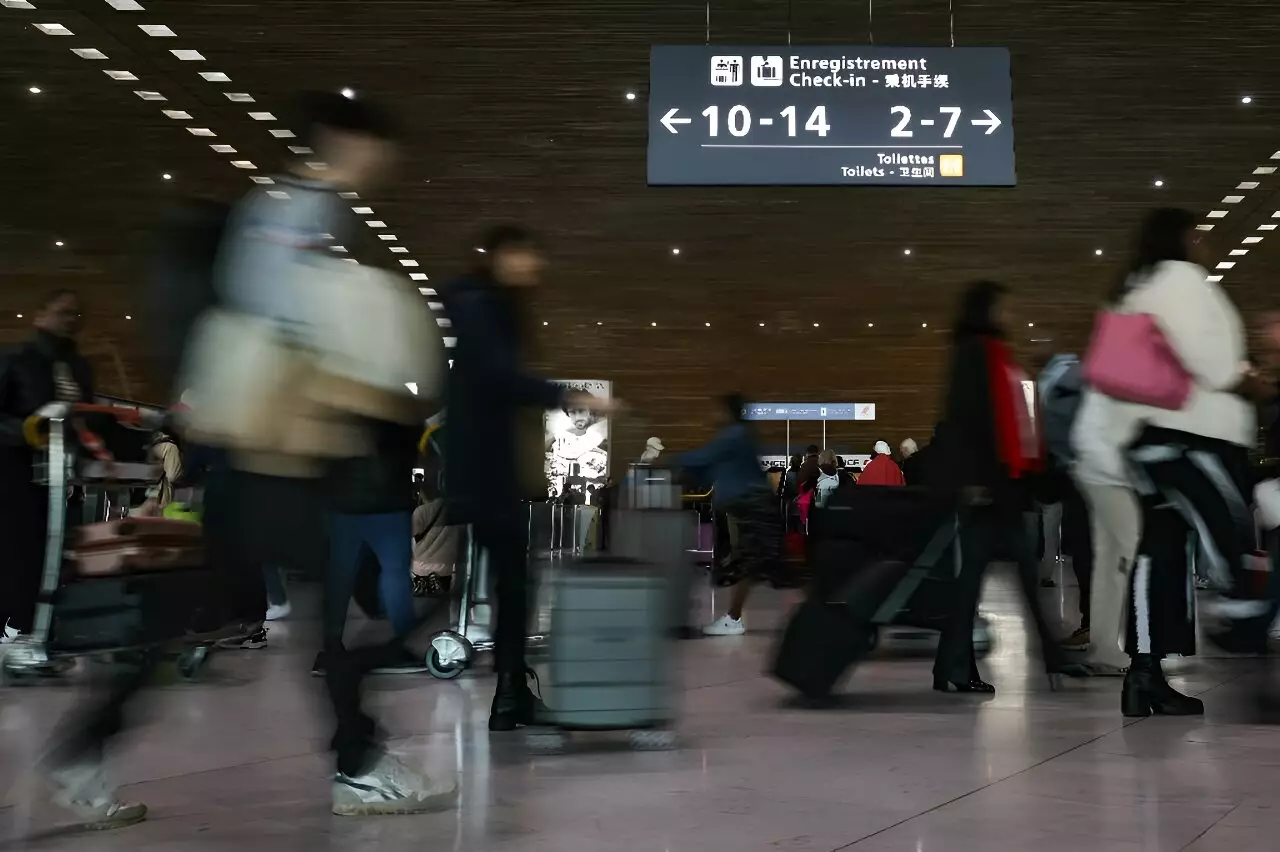Artificial intelligence (AI) is making waves in the aviation industry, with experts heralding it as a game-changer for airlines. While the idea of replacing pilots with AI may seem like a distant future, the reality is that AI is already transforming the way airlines do business. Julie Pozzi, the head of data science and AI at Air France-KLM, is optimistic about the potential of AI in the industry. According to Pozzi, AI and data are fantastic tools that can improve productivity and give airlines a competitive edge.
Aviation companies, which have long struggled with thin profit margins, see AI as a way to increase efficiency and drive profits. Geoffrey Weston, a consultant at Bain & Company, describes AI as a new frontier that offers an extraordinary acceleration of technology and capabilities. Weston emphasizes the importance of AI in providing quick and accurate information to decision-makers in uncertain situations. Air France-KLM is leading the charge with over 40 AI projects, including generative artificial intelligence like ChatGPT, aimed at enhancing customer service and agent productivity.
In addition to airlines, airport operators are also embracing AI to streamline operations and improve customer service. Groupe ADP, the operator of Paris Charles de Gaulle airport, has implemented AI initiatives in collaboration with startups like Allobrain and Wintics. These initiatives have significantly reduced unanswered phone calls and optimized drop-off areas and shuttle rotations. The use of AI in airports is crucial for managing the growing number of passengers in confined spaces and reducing wait times.
Modern aircraft are equipped with advanced self-diagnostic and control systems that generate vast amounts of data. Aviation experts believe that AI can be leveraged to analyze this data and improve maintenance and performance. However, when it comes to piloting the aircraft, there is consensus that human pilots are irreplaceable. Thales CEO Patrice Caine emphasizes the importance of human decision-making in aviation, underscoring the need for humans to retain control over critical operations.
Challenges and Opportunities
While AI holds great promise for the aviation industry, there are challenges that need to be addressed. Jerome Bouchard, an aerospace expert, points out the importance of coordination and data synchronization in implementing AI solutions. Bouchard highlights the potential of facial recognition technology in airport security but notes that significant efforts are required to overcome logistical hurdles. As the industry continues to evolve, it is essential for aviation companies to strike a balance between embracing AI innovation and upholding human expertise in critical decision-making processes.
The integration of AI into the aviation industry signals a new era of efficiency and productivity. While AI technologies offer tremendous opportunities for improvement, human oversight and accountability remain essential in ensuring safe and reliable air travel. By leveraging AI to optimize operations and enhance customer experience, airlines and airports can stay ahead of the curve in an increasingly competitive market.


Leave a Reply